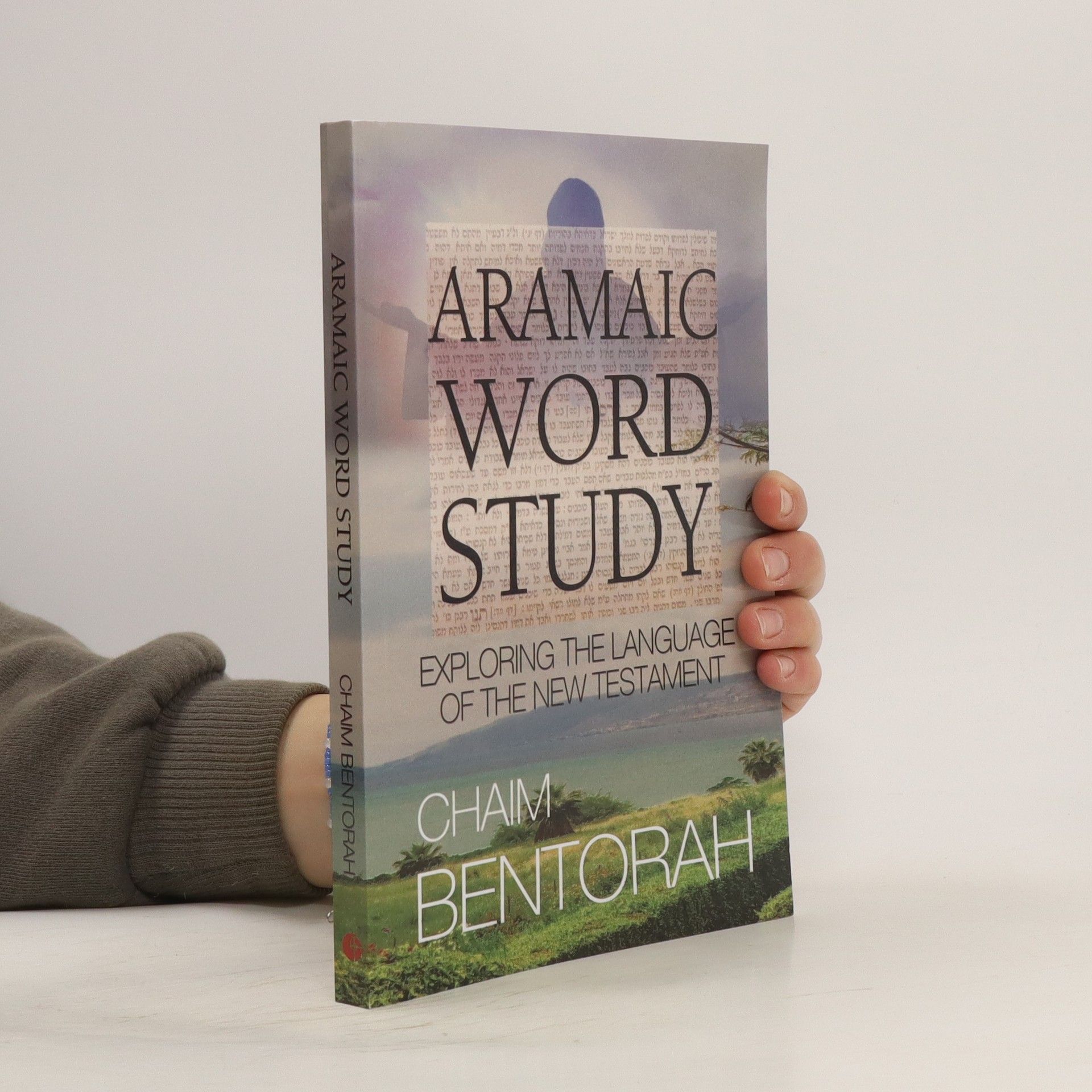If Jesus and the Apostles spoke Aramaic, why not study their words in that language? Aramaic was the everyday language of Israel during their time, while Hebrew was used for reading the Torah. The Sermon on the Mount and all of Jesus' parables were delivered in Aramaic. When He shared prophetic insights with His disciples, it was also in this language. If Christians regard every word of the Bible as sacred, shouldn’t the actual words spoken by Jesus, in His native tongue, be explored as well? Ancient languages scholar Chaim Bentorah invites readers to delve into the New Testament's language. However, translating the New Testament from Aramaic poses challenges. Scholars generally agree that Jesus and His disciples spoke a dialect known as Old Galilean Aramaic, part of the Western Aramaic family. While modern Eastern Neo-Aramaic dialects exist, the Western dialect is considered extinct, with only a few villages in Syria retaining a related dialect. The understanding of Old Galilean is limited, with no original documents available. The theory that the New Testament was originally written in Aramaic suggests that scribes translated Jesus' words into Greek, although some believe these were dictated in Old Galilean Aramaic, influencing the Syriac language that led to the Peshitta New Testament.
Chaim Bentorah Livres



Hebrew Word Study: The Butterfly Effect Ancient Words Changes the 21St Century
- 194pages
- 7 heures de lecture
Exploring the concept of the butterfly effect, the book delves into how small influences can lead to significant changes. Chaim Bentorah examines ancient Biblical Hebrew words, providing modern interpretations that reveal their profound impact on contemporary life. By bridging the gap between the ancient and the modern, the author highlights the enduring relevance of these words and their potential to inspire transformation in the 21st Century.
The English word for love has become diluted through overuse, losing its true significance. We express love for our parents, children, friends, pets, and even inanimate objects like cars and restaurants, which diminishes its depth. Over the past twelve years, I have embarked on a journey to the heart of God, and in doing so, I have come to realize that the word love fails to capture the profound emotions I experience in this relationship. The term has become so broad that we often need to qualify it with adjectives to convey its meaning accurately. I sought a word that could encapsulate the purity and precision of the love I feel from God, but found that no English word suffices. The inadequacy of the term love has led me to discover a different word—racham. This term, which cannot be translated into English, embodies a love that transcends ordinary understanding. As my relationship with God deepens, I find that love is no longer adequate to express my passion for Him. Instead, I now embrace racham as the true expression of this extraordinary love. This exploration will delve into my understanding of racham—the love that goes beyond love.